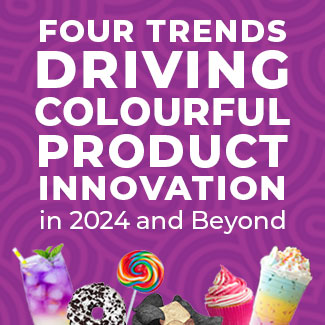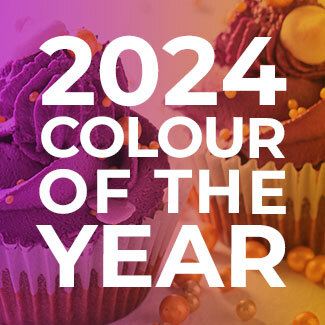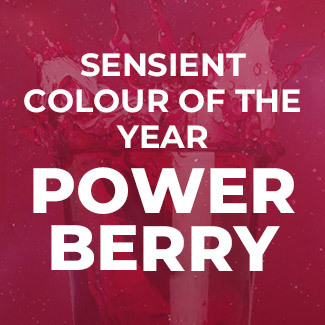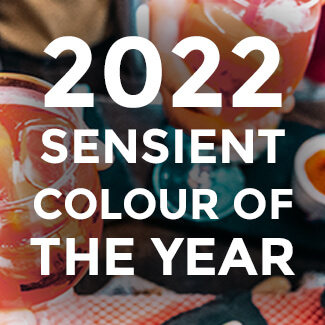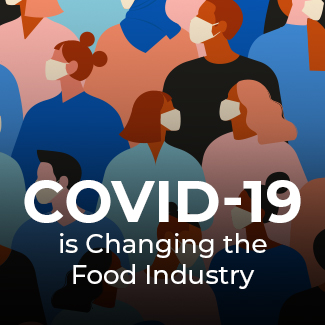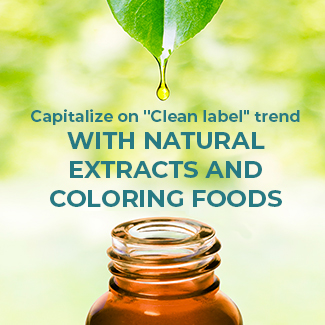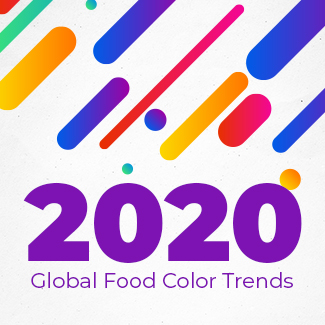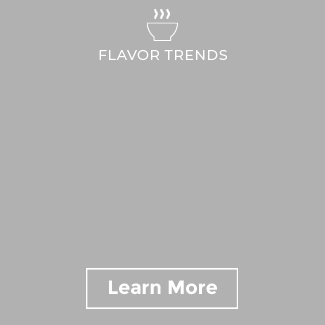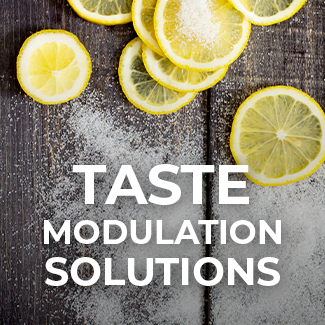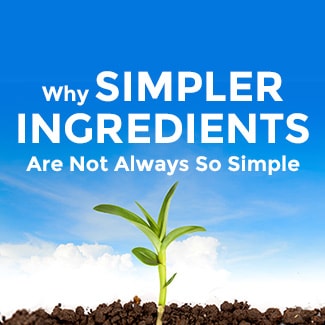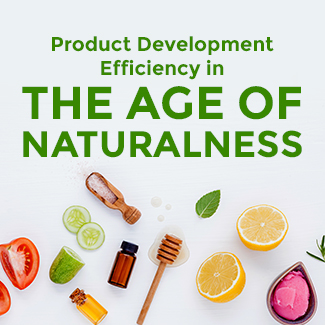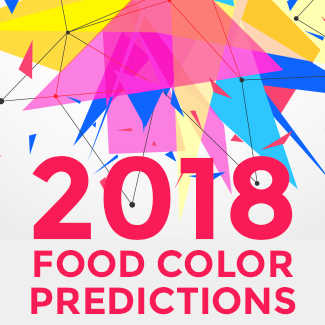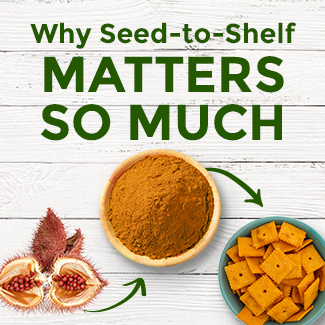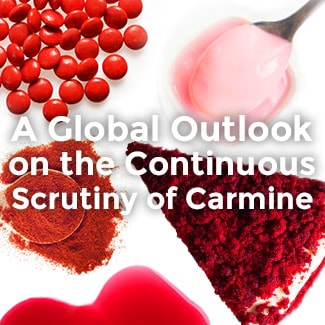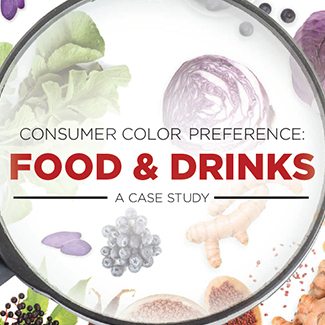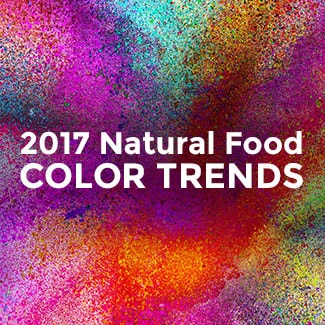The Power of Food Colour
Table for Two: My Smartphone and Me As food and beverage posts on social media platforms like Instagram and Pinterest climb into the millions and billions, colourful food and drinks are attention-grabbing. Mintel found that colour is a key aspect of “shareable” food and drink, and that food and drink ingredients have inspired current colour trends in fashion, home décor, media, and other viral content (2019). There is continuing opportunity for brands to innovate using visual appeal versus traditional flavour line extensions in response to a more visually-oriented society that is spending more time on social media platforms. Today’s consumers are tech-savvy, active on social media, and adventurous. Vibrant shades, artistic designs, and unexpected colour shades are showing up in traditionally neutral-hued foods and cultivating strong emotional connections with consumers, encouraging them to share their unique product experience across social channels with others. Technology enables consumers to engage with brands in a different way than ever before.
 The sharing of praiseworthy products on social sites creates an interactive experience beyond standard consumption for consumers. The product becomes more than a piece of food but an expression, an art form, a must-tell story to share and show others.
Frito Lay strategically and creatively took advantage of this concept with their Cheetos Museum, an online collection featuring “treasured Cheetos, found and submitted by snackers like you” in acclaimed Cheeto shades and shapes, such as a yellow cat, orange swan, red lobster, etc. Similarly, Taco Bell rewards customers for posting life events through their “Live Mas” app. Interesting and colourful products not only crave one’s appetite, but feed consumers’ curiosity to create content and collaborate with others in online communities.
The photogenic food phenomenon has even been coined, referred to by some as the “Eat and Tweet.” To support these table tweets, there are several apps—Burpple, FoodSpotting, EyeEm, Hipstamatic Foodie SnapPak, and SnapDish—specifically dedicated to the logging and sharing of food. Integrating social and food to new heights, US restaurant chain Sonic created Square Shakes in 2016 —the world’s first ice cream drink specifically designed to fit within Instagram’s square image format. Since then food and drink manufacturers followed suit by creating colourful, “designed-to-be-documented” products to engage consumers all over the world.
The Power of Colour
Not only does the colouring of food and drink products inspire creative social posts and shares, but it also strongly influences purchasing attitudes and behaviours of consumers. According to a Sensient national survey, 63% of consumers would be more likely to purchase a brand that replaced artificial colours with colours from natural sources.
In addition, food colour connects consumers with values and specific attitudes; it has the power to be empowering.
Let’s take a look at six examples across the globe:
The sharing of praiseworthy products on social sites creates an interactive experience beyond standard consumption for consumers. The product becomes more than a piece of food but an expression, an art form, a must-tell story to share and show others.
Frito Lay strategically and creatively took advantage of this concept with their Cheetos Museum, an online collection featuring “treasured Cheetos, found and submitted by snackers like you” in acclaimed Cheeto shades and shapes, such as a yellow cat, orange swan, red lobster, etc. Similarly, Taco Bell rewards customers for posting life events through their “Live Mas” app. Interesting and colourful products not only crave one’s appetite, but feed consumers’ curiosity to create content and collaborate with others in online communities.
The photogenic food phenomenon has even been coined, referred to by some as the “Eat and Tweet.” To support these table tweets, there are several apps—Burpple, FoodSpotting, EyeEm, Hipstamatic Foodie SnapPak, and SnapDish—specifically dedicated to the logging and sharing of food. Integrating social and food to new heights, US restaurant chain Sonic created Square Shakes in 2016 —the world’s first ice cream drink specifically designed to fit within Instagram’s square image format. Since then food and drink manufacturers followed suit by creating colourful, “designed-to-be-documented” products to engage consumers all over the world.
The Power of Colour
Not only does the colouring of food and drink products inspire creative social posts and shares, but it also strongly influences purchasing attitudes and behaviours of consumers. According to a Sensient national survey, 63% of consumers would be more likely to purchase a brand that replaced artificial colours with colours from natural sources.
In addition, food colour connects consumers with values and specific attitudes; it has the power to be empowering.
Let’s take a look at six examples across the globe:
1Colour Connects the Consumer to Causes and Community

2Colour Provides Consumer Health Benefits

3Colour Promotes Seasons and Holidays
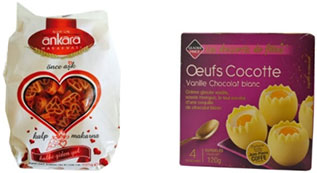
4Colour Portrays Value and Lifestyle
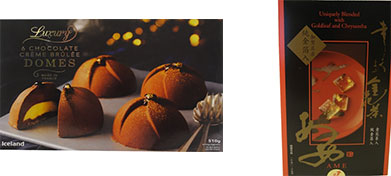
5Colour Reveals Flavour
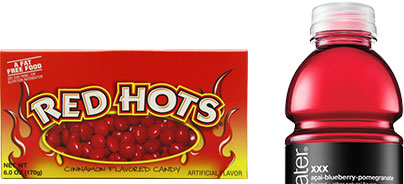
6Colour Indicates Quality
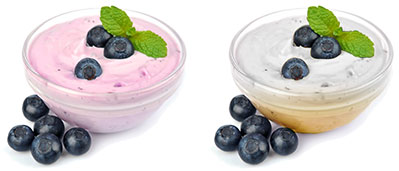
Photos credit: mintel.com
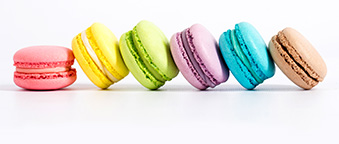
1.
Don’t compromise on colour when converting to or reformulating with natural colours. Vivid beats muted.
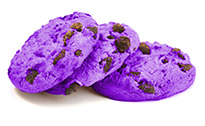
2.
Experiment with unique and even unusual natural colours and colour combinations.
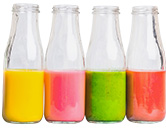
3.
Add natural colour to traditionally colourless products for a delightful surprise.

4.
Amaze consumers with interesting shapes and textures but with a familiar twist.




